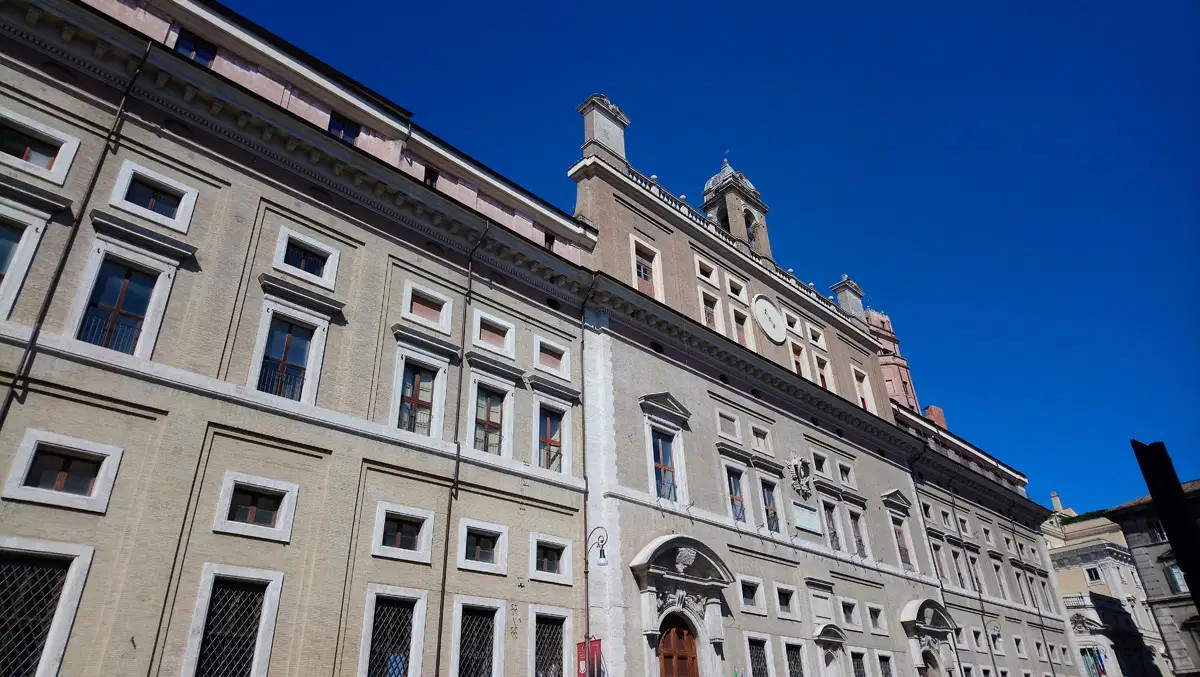Culture Decree approved: guidelines for an international vision of a new Ministry of Culture
The Culture Decree has been approved: a pivotal point is the Olivetti Plan for Culture, which aims to promote libraries as a means of intellectual and civic education and connection with the social fabric. The Plan aims to strengthen the publishing supply chain, offering support to historic and proximity bookstores, and also to enhance the role of archives and historical and cultural institutes, which are fundamental to preserving the country’s historical memory and identity.
A significant focus is on cultural cooperation with Africa and the wider Mediterranean, for which the establishment of a mission unit is planned. This structure, in collaboration with the Ministry of Foreign Affairs and International Cooperation, will be in charge of coordinating international cultural projects, fostering dialogue between Italian entities and institutions in African and Mediterranean states, as well as supporting cultural regeneration initiatives in Southern Italy.
On the economic side, the Culture Decree allocates 44 million euros to support libraries, bookstores and publishing. Specifically, €4 million in 2024 to encourage the opening of new bookstores run by young people under 35; €25 million in 2025 and €5 million in 2026 for the purchase of books, including in digital format, to be allocated to libraries; and €10 million to enrich the cultural offerings of print newspapers, enhancing the pages dedicated to culture, entertainment, and audiovisuals. On the occasion of the 25th anniversary of the European Landscape Convention, signed in Florence on October 2000, 800,000 euros are allocated for the celebrations.
The Decree also aims to ensure stable funding for four historical institutes: the National Historical Council, the Italian Institute for Ancient History, the Italian Historical Institute for the Modern and Contemporary Age, and the Italian Institute of Numismatics. The National Historical Council is given an additional grant of 200,000 euros for critical publications of works by important figures of the 19th and 20th centuries.
Basically, it wants to encourage the cultural regeneration of suburbs, inland areas and disadvantaged areas affected by problems such as social and economic marginality, urban decay, population decline and depopulation.
To resolve issues related to the “18app culture bonus,” which emerged from an investigation by the Court of Auditors, a deadline is set for business operators to send the relevant invoices in order not to forfeit the right.
Other interventions concern the simplification of procedures for cultural heritage, film and audiovisual. In particular, a new film classification category is introduced for works “not suitable for children under 10,” the result of the work of the Commission for the Classification of Cinematic Works.
Additional measures make it possible to proceed with the implementation of the reorganization of the Ministry envisaged by DCPM 57/2024.
“The approved Decree is a first step to respond to the needs of the culture value chain and to give perspective, to establish an international vision of a new Ministry of Culture,” said Culture Minister Alessandro Giuli. “Through two cornerstones: the Olivetti Plan and cultural cooperation with Africa and the wider Mediterranean. We have corresponded to the needs of the publishing chain; we have convincingly made 10 million euros available to print newspapers to support in-depth cultural journalism; we have reformed funding for cultural institutes; and we have strengthened, even renaming it, the National School of Heritage and Cultural Activities. We then created a legislative framework for the culture value chain. With the mission unit for cultural cooperation, we enhanced internationally the mission of a new MiC. The Olivetti Plan is the national framework, the mission unit expands the horizon of the new MiC.”
Pictured is the Ministry of Culture. Photo: Finestre Sull’Arte
 |
| Culture Decree approved: guidelines for an international vision of a new Ministry of Culture |
Warning: the translation into English of the original Italian article was created using automatic tools. We undertake to review all articles, but we do not guarantee the total absence of inaccuracies in the translation due to the program. You can find the original by clicking on the ITA button. If you find any mistake,please contact us.




























